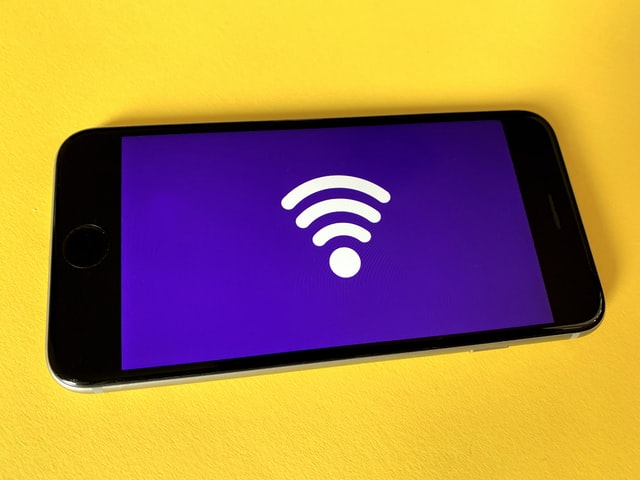
What Exactly is a Guest WiFi Network and Why Should You Use One?
- Cheeko
- 0
- on Jul 20, 2022
Handing out your WiFi password to guests that come through your doors has become just as common as handing someone a bottle of water. It’s something you do without even thinking about it. After all, Internet has become so important in our lives. It’s only hospitable to offer someone access to your WiFi network so they can use it. For readers in Birmingham do a Google search for ‘VoIP services Birmingham‘.
You want them to remain connected, so not offering the password isn’t an option. However, anytime you allow access to your network, you end up opening a can of worms potentially without even knowing it.
What Exactly is a Guest WiFi Network?
Every device in your home is usually connected to a single Local Area Network (LAN). A guest network operates a little differently. It creates a brand new access point to the Internet. Because of this, it doesn’t operate on the same network as the LAN. It works independently of it. Thus, whenever a new phone, tablet, or laptop connects to the WiFi through a guest network, it’s kept completely separate from any existing devices on the main network.
Likely, you’ve already joined a guest network at some point. After all, cafes, hotels, and various other businesses use them frequently. While you may not have realised it, you’re likely segregated from their main network. After all, they don’t want people having access to their WiFi printers or anything on their main network.
Why Should You Have One at Home?
A good reason to consider having a guest network in your home has to do with making it easier to hand out your WiFi password and making it less of a worry when you allow someone onto your network. While you may not necessarily mind if someone joins your main network, you don’t want to give that access to everyone that walks through your door.
Setting up a guest network can sort of being like having a mudroom in your home. You can always invite that guest inside, but you don’t allow them to track dirt into the other areas of your home. You don’t want to have to worry about inspecting every device that connects to your network for malware and other problems. Here are some of the major reasons to consider setting up a guest network in your home if you haven’t already.
1. Protect Your Network and Devices from Malware
This is one of the best and easiest ways to protect your network from malware. You want to set up a guest network because it can help you easily segregate your devices from other devices that enter your network.
It’s a great way to secure your network against malicious programs botnets, worms, and more. If a visitor has an infected device and they connect to your network, they won’t be able to do much damage when they are connected to your guest network.
After all, they aren’t connected to your primary network. It gives you an extra layer of protection against threats to your network.
2. Protect Your Password
Another reason to consider setting up and using a guest network has to do with password privacy. You want to ensure that you are protecting your passwords as much as possible. This is not only true for your WiFi password, but also for anything you type on your network.
It could be very easy for someone to bring threats onto your network that can steal your personal information. It’s also easy for them to keep that password and potentially use it to exploit you in the future. This is why you always want to use unique passwords for different devices and use cases.
When you set up a guest network, you don’t have to worry about password issues because the network will be using a completely different password. It also limits access to the main network which means that all of your data can be protected.
3. Device Isolation
A guest network is one of the best ways to keep your devices safer from external threats. It’s also a good way to protect from internal threats too. A lot of the smart home devices that you have on your network are likely going to be much easier to hack than computers, phones, and tablets that are constantly being updated and patched.
Thus, you want to try to segregate these devices onto a subset of your network. The best and easiest way to do this is by putting them on your guest network. Unless you have advanced networking prowess, it can be an easy way to accomplish this task.
This is even more so true for anyone that is working from home. While you could be using a VPN to connect to your workspace and your corporate network, it could be possible for your work device to get compromised from your home network. Minim designed and created a unique feature set known as Work-Life WiFi. This helps employees protect themselves and their devices from these kinds of threats by creating isolated networks meant for work.